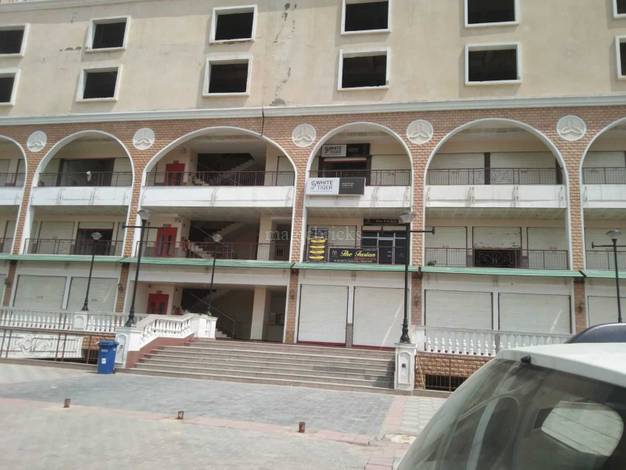Dental emergencies can happen in the blink of an eye, from a sports injury to a car accident or an unexpected fall. While a general dentist handles routine oral care, certain injuries require immediate attention from a trained specialist. That’s where a dental trauma specialist comes in. Knowing when to seek specialized care can be the difference between saving or losing a tooth.
If you’re dealing with a cracked tooth, knocked-out tooth, or severe oral injury, visiting a dental trauma specialist in Brooklyn can ensure you receive prompt, quality care tailored to complex dental emergencies.
What Is a Dental Trauma Specialist?
A dental trauma specialist is typically an endodontist, oral surgeon, or pediatric dentist who has additional training in managing dental injuries. These specialists are equipped to handle cases involving tooth avulsion (knocked-out teeth), luxation (displacement), fractures, or injuries to the soft tissues of the mouth, gums, and jaw.
Unlike a general dentist, trauma specialists focus on immediate stabilization, saving natural teeth whenever possible, and managing complications that may affect long-term oral health.
Signs You Need Immediate Attention
Dental trauma can range from minor chips to major oral damage. Here are signs that you should see a dental trauma specialist in Brooklyn without delay:
- Knocked-out tooth: Time is critical, ideally within 30 minutes. The specialist can attempt to reimplant the tooth.
- Fractured or cracked tooth: If the crack extends into the root or pulp, it may require endodontic treatment or surgery.
- Tooth displacement: Teeth pushed out of position need to be realigned and stabilized promptly.
- Jaw or facial trauma: Oral surgeons can assess the extent of bone injury using imaging and provide surgical intervention if needed.
- Severe bleeding or lacerations: Deep cuts to the lips, cheeks, or tongue need stitches and infection control.
Ignoring these symptoms can lead to infection, tooth loss, nerve damage, and costly long-term treatments.
Why Prompt Treatment Matters
The window of time in which a dental trauma specialist can save a damaged or avulsed tooth is often narrow. Seeking care quickly enhances the chance of successful reattachment, reduces the risk of complications, and can help preserve natural structure. For children and athletes, early intervention may also prevent future developmental or cosmetic issues.
A dental trauma specialist in Brooklyn is trained not only in emergency procedures but also in trauma diagnostics, radiography, and follow-up treatment planning, ensuring a comprehensive care approach.
What to Expect During Your Visit
During an emergency visit, the dental trauma specialist will conduct a full physical and radiographic evaluation to assess the extent of injury. Treatment may involve:
- Repositioning and splinting loose teeth
- Root canal therapy or pulp capping
- Surgical extraction (in severe fractures)
- Suturing soft tissue wounds
- Reimplantation of avulsed teeth
Depending on the case, follow-up appointments will be scheduled to monitor healing and determine if additional interventions are necessary.
Long-Term Outlook and Prevention
Even after immediate care, ongoing dental monitoring is crucial. Follow-up care may include cosmetic procedures, orthodontic evaluations, or restorative work depending on the trauma’s severity.
If you’re an athlete or have children who play contact sports, consider wearing custom mouthguards. These protective devices greatly reduce the risk of dental injuries and are often recommended by any experienced dental trauma specialist in Brooklyn.
Conclusion
Dental trauma is unpredictable and often alarming, but timely intervention from a qualified dental trauma specialist in Brooklyn can make all the difference. Whether you’re dealing with a dislodged tooth, a painful fracture, or facial injury, don’t delay care. Acting fast ensures the right chance of saving your teeth and preventing long-term damage.




